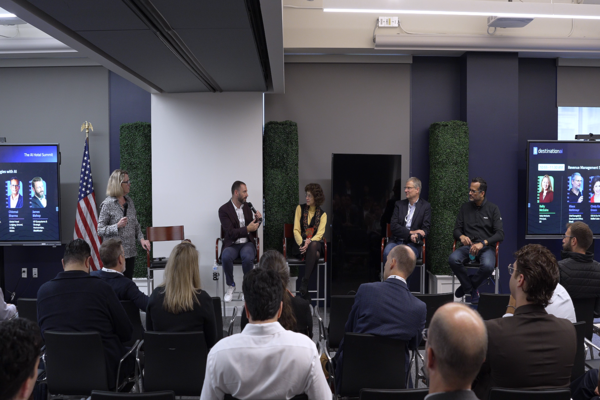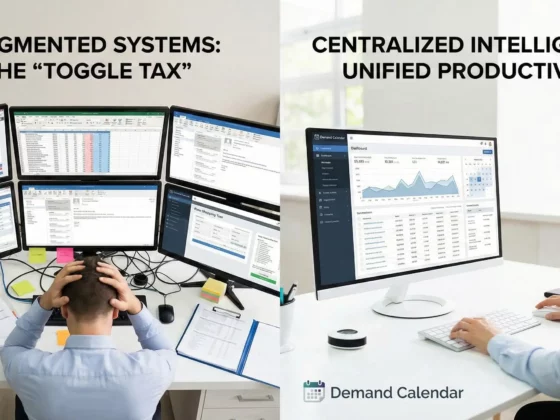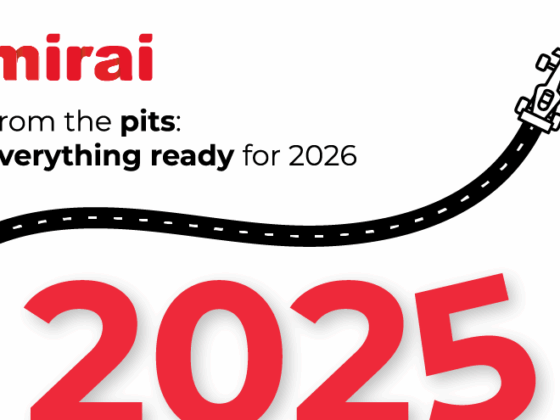
Artificial intelligence is no longer fictional fodder for the latest Hollywood film. It’s center stage for corporate America as industries look to harness its power and might. The travel and hospitality industries are making AI a part of their mandate for growth. To that end, education and understanding the implications of AI are crucial. The inaugural Destination AI Summit, held in Washington D.C., in September, looked to answer some of the questions surrounding AI, while also providing an environment for thought leadership exchange.
Laying the Foundation
Data quality and infrastructure were identified as foundational components for successful AI integration, with Shane O’Flaherty, global director of travel at Microsoft, emphasizing that without addressing what he called “technical debt,” AI risks becoming a sophisticated tool with limited impact. “If it sits on a pile of bad data, the output will reflect that,” he said, calling for an industry-wide focus on data standardization and accessibility. His sentiment was echoed by Scott Hornick, partner at Oliver Wyman, who cautioned that the hospitality industry must invest in both modernizing infrastructure and refining data management systems to fully capitalize on AI’s capabilities. He noted that the challenge is “not only gathering the data, but ensuring it’s clean, accessible and effectively linked to core systems.” Panelists throughout the event agreed that these preparatory steps will enable AI to operate seamlessly within hotel systems, paving the way for transformative guest interactions.
Anticipating Guest Needs
With a strong data foundation, predictive AI can be used to enhance efficiency while meeting guest expectations in real-time. O’Flaherty described Microsoft’s implementation of “agentic agents,” sophisticated AI systems designed to guide guests through the booking process while reducing abandonment rates. As O’Flaherty explained, “These agents aren’t your typical chatbots; they’re tailored to proactively engage customers, learning and adapting at each stage.” Hornick reinforced the significance of predictive AI in delivering efficient, anticipatory service that enhances the guest experience without sacrificing the human touch.
A case study from Mobi, which uses AI to help travel sellers improve trip planning, showcased how its platform leverages intent-based search to reshape travel planning, creating personalized itineraries tailored to each guest’s preferences. By integrating diverse data inputs, such as maps, images and user preferences, the platform aligns its travel recommendations with the needs of each user. This proactive approach to AI enhances the guest experience by anticipating and meeting travelers’ needs in real-time.
As Klaus Kohlmayr, chief evangelist and development officer at revenue management company IDeaS, said, “With AI, we’re not just automating processes; we’re delivering a richer, more responsive experience that learns from each interaction, improving the guest journey in ways we couldn’t before.”
Personalization at Scale
One central theme at the summit was AI’s capacity for personalization, where leaders explored how tailored AI responses can create individualized guest journeys. Through the strategic use of large language models, or LLMs, brands can leverage guest data to enhance stays with specific recommendations and targeted services. The approach demands a careful balance, noted George Roukas, president of Gaipan. “The Holy Grail of a ‘connected trip’ is still aspirational,” he said. “AI will play a crucial role, but we’ll need to address privacy challenges to make it feasible.”
Though the promise of personalized experiences is appealing, it will require responsible data usage within regulatory boundaries, particularly as AI increasingly relies on guest data to drive personalization. Panelists underscored that effective personalization hinges on integrating AI responsibly within privacy regulations, ensuring trust alongside innovation.
Real-World Applications and Limitations
Despite AI’s possibilities, hospitality’s unique demands require a measured approach to AI adoption. “Hospitality remains a fulfilment business where human connection is key,” said Jess Petitt, SVP of commercial strategy, insights and analytics at Hilton. AI can enhance this experience but must be deployed with an understanding of each property’s brand and guest needs. Panelists also noted that while smaller, agile properties may benefit from faster AI adoption, larger hotel groups will likely experience a slower implementation process due to structural complexities and shareholder expectations.
Strategic Investment for Long-Term Impact
Nitin Sood, VP of digital innovation & HVMB product at Marriott International, captured the dilemma facing strategic investment in AI: “How do you disrupt a multi-billion-dollar engine when the risk profile of generative AI is so high no executive will sign off?” he asked. “By empowering smaller teams to take the reins, we can test and iterate more rapidly without compromising the stability of the larger business.”
The Destination AI Aummit also focused on this strategic and incremental investment in AI, with panelists forecasting that small innovations would yield the most reliable ROI. Rather than implementing AI for AI’s sake, leaders emphasized its use in core functions, such as revenue management, procurement and employee operations, as the best approach to drive consistent, measurable improvements. “The real value comes from integrating AI where it can truly enhance existing business functions,” said Chris Hemmeter, co-founder and managing director of Thayer Ventures, who counsels hoteliers to be selective in their AI deployments to achieve sustainable impact.
A Gradual Shift; Not a Quick Fix
AI’s transformative impact on hospitality will require time, careful planning and attention to operational realities. Leaders encouraged investing in scalable, foundational technologies and adapting to AI’s evolving capabilities gradually, as the technology matures. As Oliver Wyman’s Hornick put it, “The hospitality industry needs to focus on AI’s gradual shift rather than quick, sweeping changes.”
He isn’t alone. Panelists agreed that the road ahead will depend on hospitality brands’ ability to blend AI advancements with the industry’s unique demands, ultimately turning data-driven insights into valuable, memorable guest experiences.
Story contributed by s, co-founder of the Destination AI Summit.







